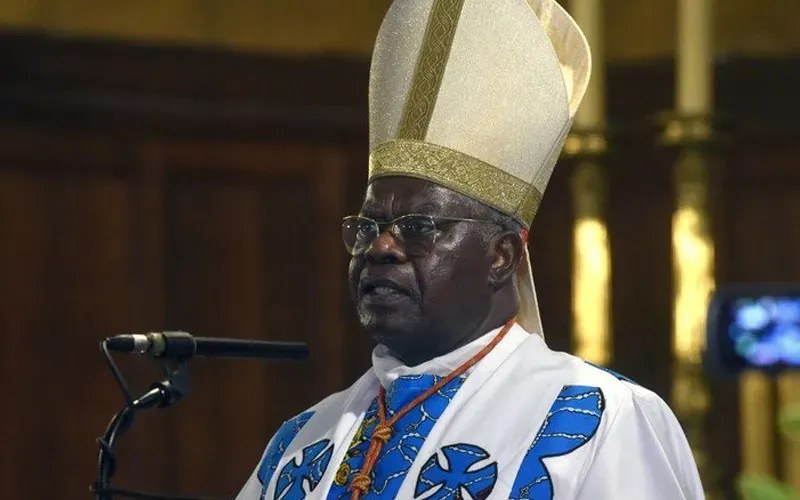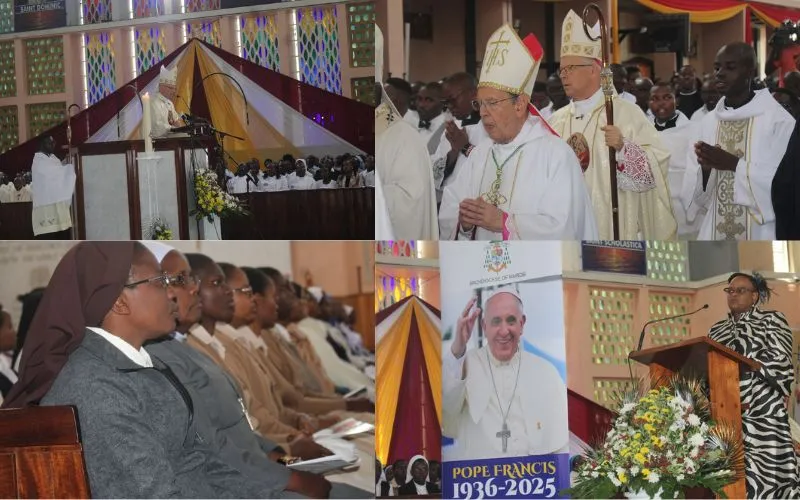Cardinal Monsengwo who retired in November 2018 is known to have spearheaded the role of the Catholic Church in DRC in moving the Central African nation toward respect of human rights, freedoms and greater democracy.
The secular civil society entities in DRC grew out of the structures of the Catholic Church.
In 1991, the late Cardinal chaired the Sovereign National Conference that created a framework for the post-Mobutu political transition.
While the process was interrupted by deliberate efforts to ouster Mobutu resulting in a protracted civil war, Cardinal Monsengwo-led Catholic Church fostered peacemaking efforts through negotiations, leading to the Inter-Congolese Dialogue (2001-2003) that ultimately contributed to the end of the civil strife.
Under the leadership of the late Cardinal, the “influential Catholic Church mediated the December 31, 2016 Saint-Silvestre Peace Accord, which was supposed to have led to the formation of a transitional government, reforms within the electoral commission, and elections by the end of 2017, without Kabila as a candidate,” the Africa Center for Strategic Studies reported.
During the 2018 crisis occasioned by President Joseph Kabila’s bid to vie for a third term that was constitutionally prohibited, Cardinal Monsengwo was described as being highly influential and the most listened to voice in DRC.
In February, the Laity Coordination Committee (CLC) in DRC recognized Cardinal Monsengwo Pasinya for his “concrete and exceptional acts,” giving him the Bakanja-Kimbangu Grand Citizen Merit Award.
Addressing members of the Press after receiving the award, Cardinal Monsengwo paid homage to Isidore Bakanja and Simon Kimbangu saying, “The title of this award by which you honour Dr. Mukwege and myself is striking. Bakanja-Kimbangu brings into peaceful coexistence a blessed Catholic and a founder of traditional African religions.”
The Congolese Cardinal who was at the helm of Kinshasa Archdiocese from February 2008 until his retirement 10 years later added, “If religious affiliation separates these two historical figures, the same values and intellectual convictions bring them together, the most fundamental of which is the dignity of the human person as a human creature.”
He went on to acknowledge with appreciation efforts being made by the members of CLC, sometimes at the risk of their lives, to be in all circumstances and at the heart of our society as “witnesses of Christ and to inscribe the divine law in the DRC.”








